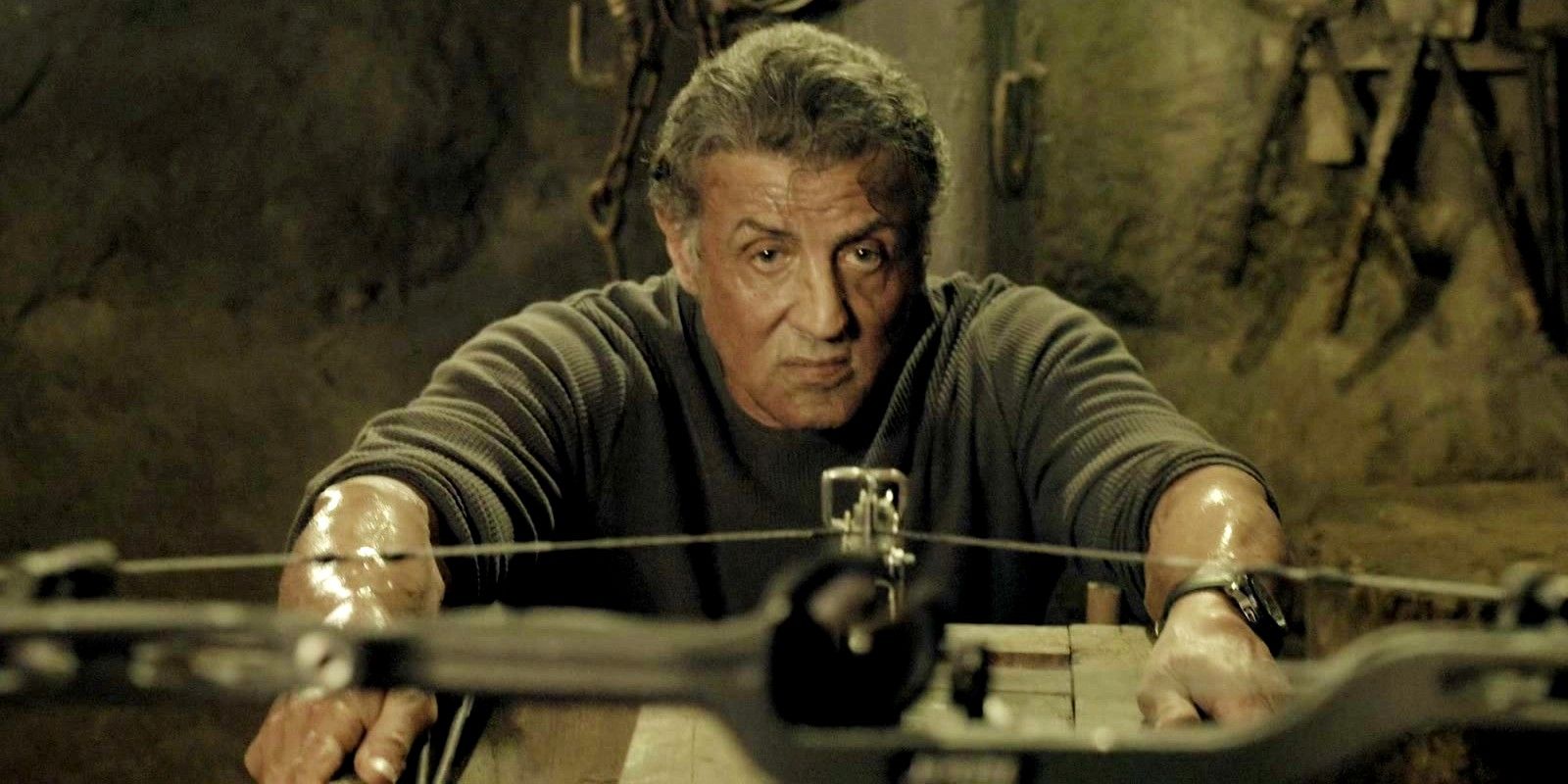The Book Thief (2013) – Words Against the Darkness
The Book Thief (2013), directed by Brian Percival and based on the acclaimed novel by Markus Zusak, is a deeply moving film set during one of the darkest periods of human history. Through the eyes of a young girl and narrated by Death itself, the story offers a unique, poetic perspective on the horrors of Nazi Germany — and the fragile beauty of hope.
The film centers on Liesel Meminger (played by Sophie Nélisse), a spirited girl sent to live with foster parents in a quiet German town as World War II looms. Illiterate at first, Liesel develops a deep love for books after her foster father Hans Hubermann (Geoffrey Rush) teaches her to read. In a world drowning in propaganda and fear, stories become her refuge, her rebellion, and her strength.
As the war escalates and Nazi ideology tightens its grip, Liesel begins to "borrow" books — stealing them from burnings, private libraries, and even the mayor’s wife. Meanwhile, her family hides a Jewish man, Max, in their basement, forging bonds that defy the cruelty outside their walls.

With a haunting score by John Williams and powerful performances throughout, The Book Thief captures the quiet resilience of ordinary people caught in extraordinary times. The film does not shy away from pain or loss, but it emphasizes how even the smallest acts of kindness — a word, a page, a story — can become forms of resistance.
Narrated with dark elegance by Death, the film reminds us that even in times of great suffering, love, courage, and memory endure.
The Book Thief is not just about war. It’s about the words we choose, and how they shape the way we live — and remember.



